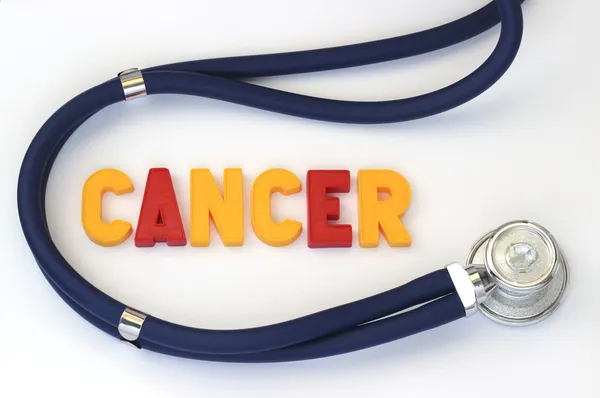NHS Cancer Care Crisis: Doctors Schedule Appointments for Patients With Limited Lifespan, But a Cure Exists, Says Professor Karol Sikora
Professor Karol Sikora, a former director of the WHO Cancer Programme and medical director of Rutherford Cancer Centres, has spoken out about the dire state of cancer care in the UK. The NHS, once a beacon of healthcare excellence, now faces a crisis where doctors are scheduling appointments with a grim awareness that many patients may not live long enough to attend them. Yet, Sikora insists, there is a cure, but it requires a radical overhaul of the current system.
Sikora argues that the NHS needs to make more efficient use of its existing staff, ensuring that hospital car parks and GP surgeries are filled with cancer patients, not just during regular working hours but also in the evenings and weekends. This would help alleviate the backlog of patients waiting for appointments, which currently averages a month. He suggests that the NHS should also consider leveraging the private sector for cancer care, pointing out that there are private cancer care clinics operating at just 30% capacity. This idea is not as ambitious as it might seem, given the government’s successful rollout of the Covid vaccination programme, which involved a vast network of pop-up centres and volunteers.

The professor also highlights the government’s attempt to speed up cancer treatment cases by introducing a two-week wait rule in 2000. This measure was seen as a temporary solution to deal with the backlog, but it was abolished in 2021, indicating that the situation has worsened over the years. Sikora believes that this is a clear indication of the urgent need for major reform in cancer care to prevent further loss of lives.
Sikora’s call for action is not just about improving access to care but also about addressing the root causes of the crisis. He points out that early diagnosis is heavily dependent on the GP workforce, which is dwindling and overburdened. This necessitates a streamlining of the diagnosis process to ensure that patients receive timely treatment. Furthermore, he criticizes the NHS for prioritizing environmental initiatives over patient care, such as the push for electric ambulances, which he argues is indicative of a misplaced focus.
In conclusion, Professor Karol Sikora’s plea for a revolution in British cancer care is a call to action for the government and the NHS to address the current crisis head-on. By making more efficient use of resources, engaging the private sector, and streamlining the diagnosis process, there is hope that the grim statistics of cancer care in the UK can be reversed.
What specific measures is Professor Sikora suggesting to make more efficient use of existing staff in the NHS?
Professor Karol Sikora suggests several specific measures to make more efficient use of existing staff in the NHS to address the cancer care crisis:
Overtime Pay for Extended Hours: Sikora recommends paying staff overtime to ensure that hospital car parks and GP surgeries are filled with cancer care patients not only during regular working hours (9 to 5, Monday to Friday) but also in the evenings and weekends. This would help alleviate the backlog of patients waiting for appointments, which currently averages a month.
Engaging the Private Sector: While the NHS already engages the private sector for surgical procedures, Sikora suggests expanding this to cancer care. He points out the existence of a network of private cancer care clinics that are currently operating at just 30% capacity. He argues that if the government can roll out a nationwide Covid vaccination programme almost overnight, it can similarly organize a network for cancer care, leveraging technology and volunteers.
These measures aim to address the immediate crisis by ensuring that patients receive timely appointments and treatment, thereby improving the efficiency of the NHS staff and potentially reversing the grim statistics of cancer care in the UK.
ALSO READ: Tilery Primary School Lockdown: Armed Police Deployed on Teesside Estate



